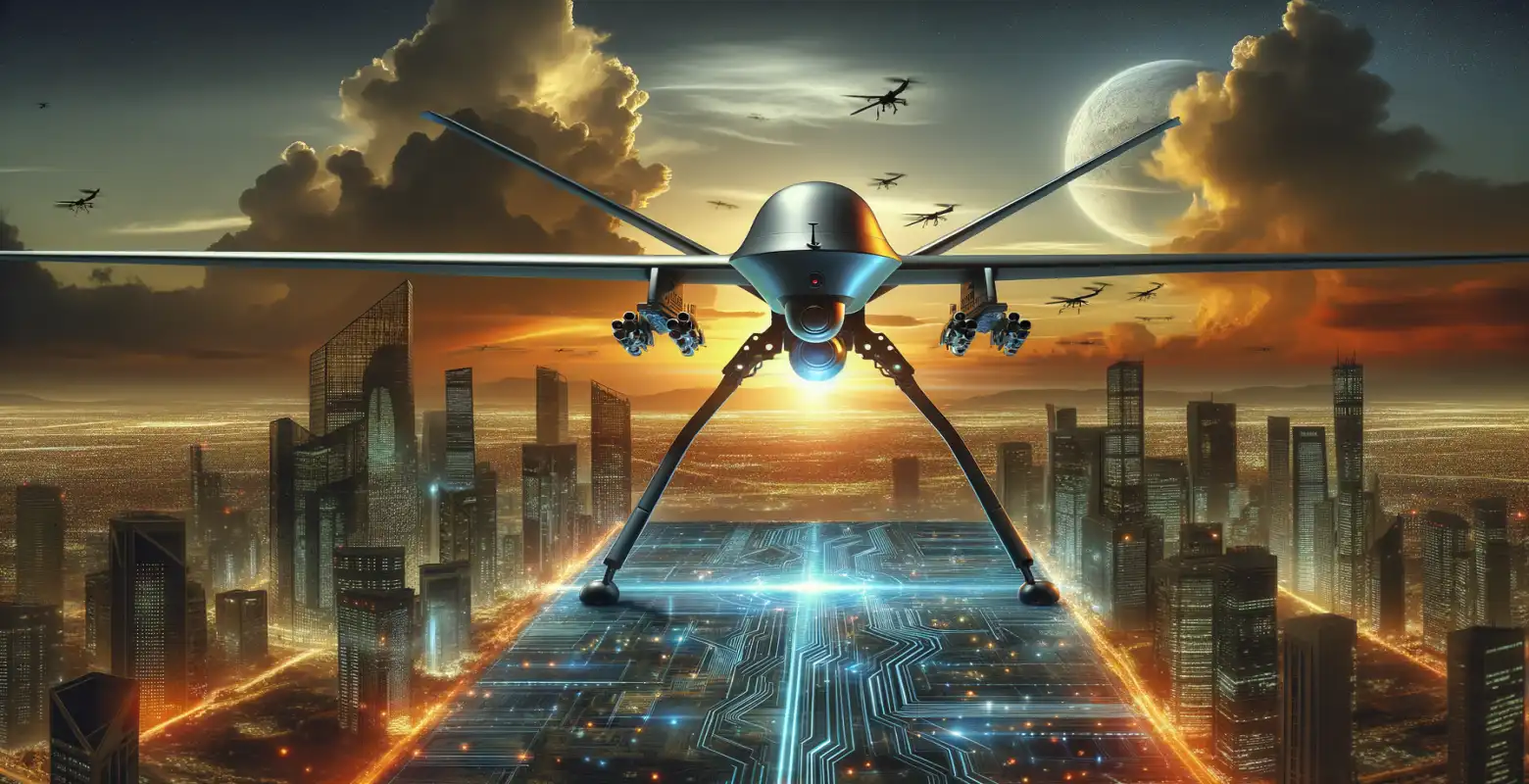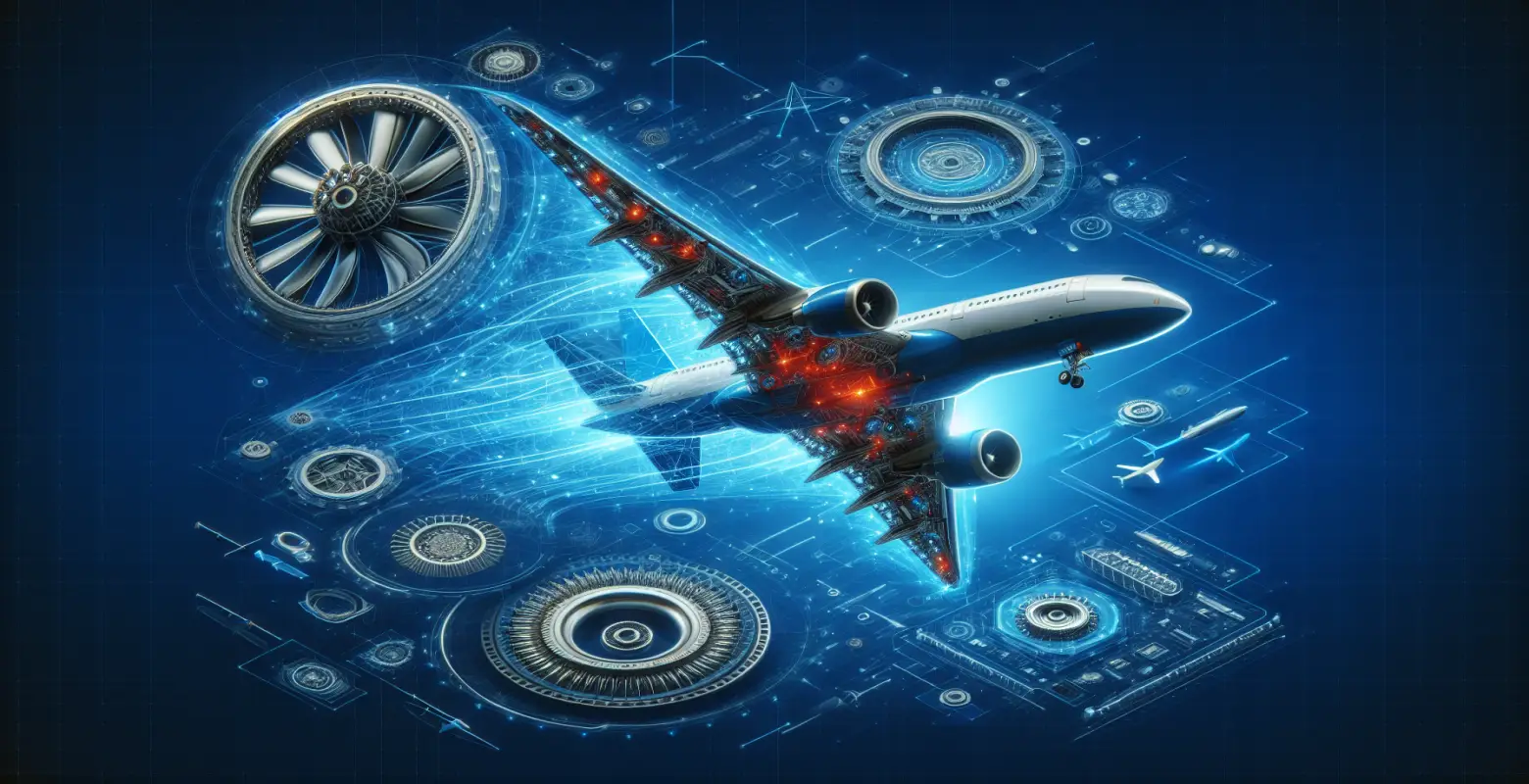New technologies in military drones - the future of defense
Introduction
In today's rapidly changing world, technology plays a key role in shaping the future of defense. One of the most exciting and rapidly evolving technological areas is military drones. These unmanned aerial vehicles (UAVs) have revolutionized the way military operations are conducted, offering new capabilities in terms of reconnaissance, monitoring, and combat actions. In this article, we will look at the new technologies in military drones and their impact on the future of defense. Understanding these innovations is crucial to better prepare for the challenges of the 21st century.
History and Development of Military Drones
The origins of military drones date back to the first half of the 20th century, when the first unmanned aircraft were built mainly for training purposes. However, the real breakthrough came in the 1990s when the first drones capable of conducting combat operations emerged. The RQ-1 Predator model, used by the US military, became a symbol of modern military operations. In the following decades, the development of sensor technologies, propulsion systems, and communication systems enabled the creation of increasingly advanced and autonomous units.
New Technologies in Design and Propulsion
One of the key areas of innovation in military drones is their design and propulsion. Modern drones are becoming more aerodynamic and lightweight, allowing for longer missions and greater ranges. Composite materials, such as carbon fiber, reduce the weight of drones while increasing their durability. At the same time, the development of electric and hybrid engines enables quieter operation and greater energy efficiency, which is crucial for operations requiring stealth.
Advanced Navigation Systems and Autonomy
Contemporary military drones are equipped with advanced navigation systems that allow them to operate in challenging weather and terrain conditions. Thanks to GPS technology and inertial navigation systems, drones can precisely navigate along a programmed route. Furthermore, the development of artificial intelligence allows for the creation of autonomous decision-making systems that enable drones to independently respond to changing battlefield conditions. Drone autonomy is the future where machines can conduct missions without the need for constant operator supervision.
Sensor Technology and Reconnaissance Systems
Military drones are equipped with advanced sensor systems that allow them to collect real-time data. High-resolution cameras, infrared sensors, radars, and lidars enable the detection and identification of targets even in difficult conditions. Combined with advanced data analytics, drones can provide valuable intelligence information crucial for military operation planning.
Safety and Data Protection
One of the challenges associated with the use of military drones is ensuring safety and data protection. Sensitive information transmitted from drones must be protected from interception by adversaries. Therefore, advanced encryption technologies and security measures are employed to ensure the integrity and confidentiality of transmitted data. Additionally, the development of anti-drone technologies is becoming increasingly important to counter potential threats related to unauthorized drone use.
The Future of Military Drones
Looking into the future, further development of military drone technologies can be expected. One direction is the integration of drones with other combat systems, creating complex operational networks. The increasing importance of artificial intelligence and machine learning opens up new possibilities in terms of autonomy and data analysis. Quantum technology development, on the other hand, may revolutionize drone encryption and communication. As these technologies continue to evolve, drones will play an increasingly significant role in the defense strategies of countries worldwide.
Summary
New technologies in military drones play a crucial role in shaping the future of defense. From advanced navigation systems, through sensor technology, to autonomy and data security - drones have become an indispensable element of modern military systems. Their development brings both numerous benefits and challenges that must be addressed to fully harness their potential. Understanding these technologies is crucial for national security and global stability. Are we ready for a future where drones play a major role in defense strategies?






Number of comments: 0